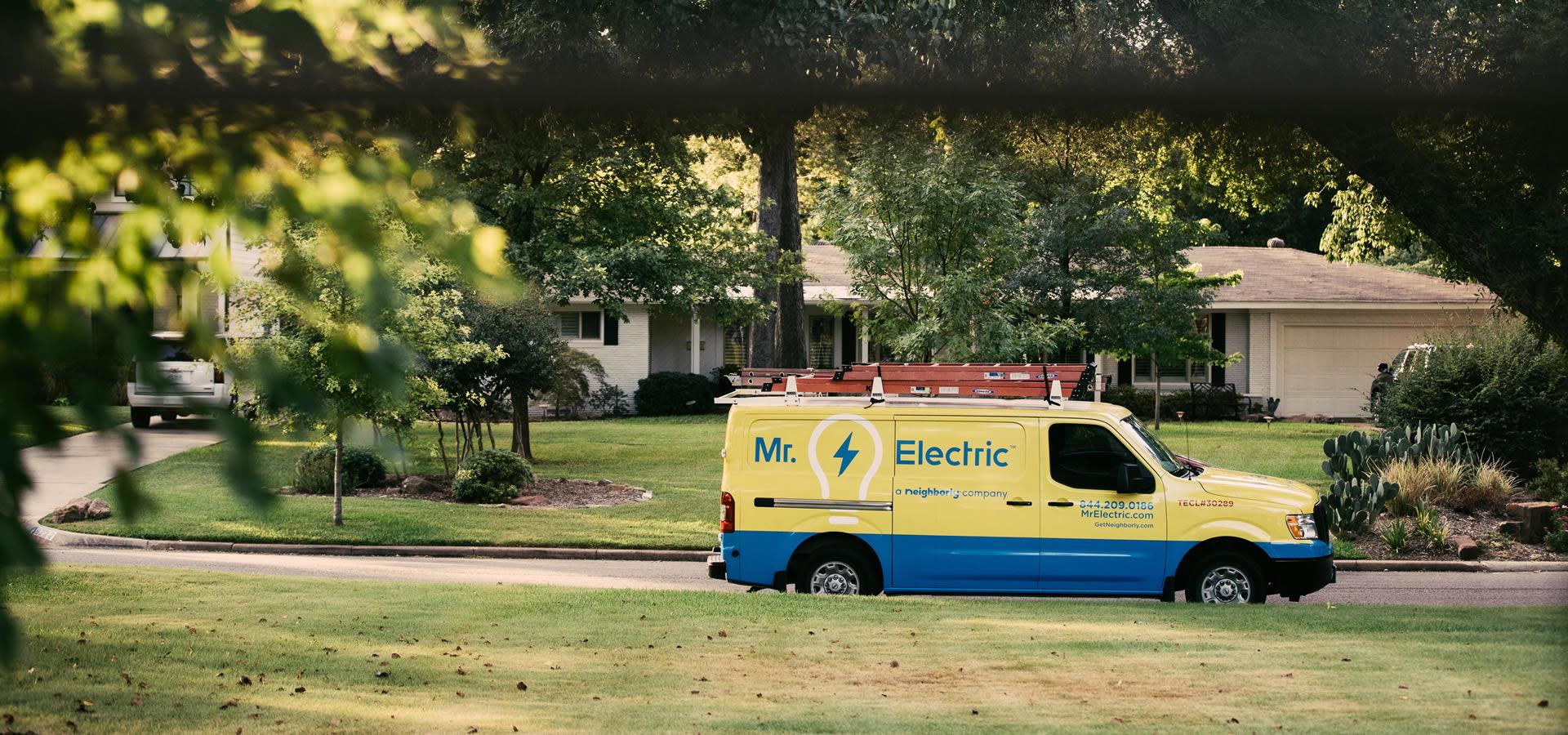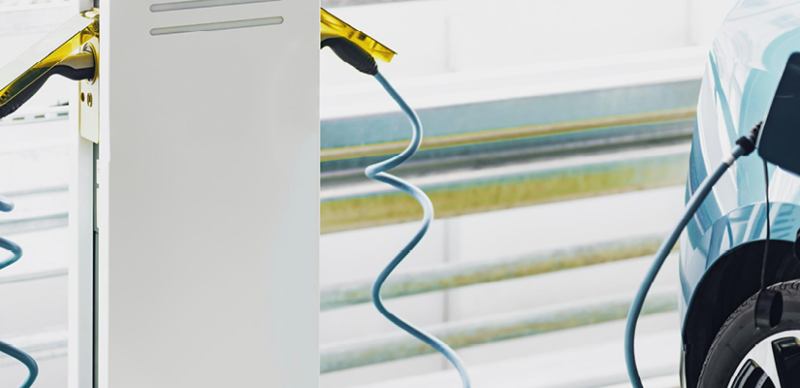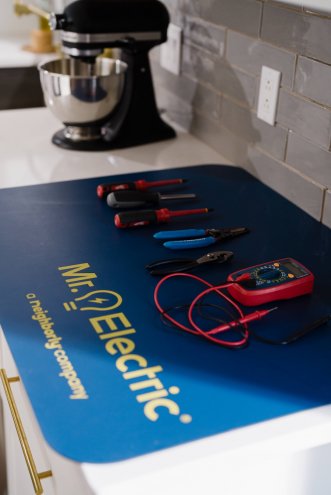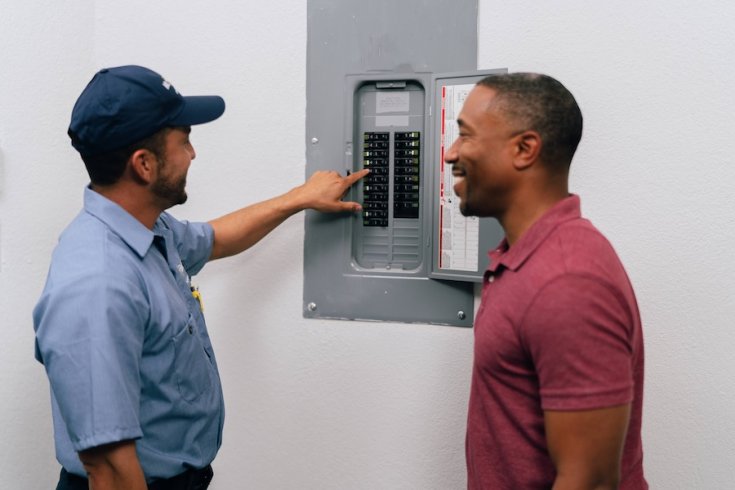How Do Electric Cars Work?
Electric vehicles (EVs) are becoming an increasingly popular choice for drivers who are looking for a more sustainable and environmentally friendly alternative to traditional gasoline-powered vehicles. But how exactly do these vehicles work, and what sets them apart from their gas-powered counterparts?
At Mr. Electric, we offer reliable and cost-effective EVSE charger installation and service. If you’re looking for professional EVSE installers, look no further than Mr. Electric. In this article, we will provide you with a basic rundown of how electric cars work and how charging works in electric vehicles.
So how does an electric vehicle work?
An electric vehicle works by using an electric motor instead of an internal combustion engine (ICE) to convert electrical energy stored in batteries into mechanical energy that propels the vehicle forward. This is in contrast to traditional gasoline-powered vehicles, which use an internal combustion engine to burn fuel and produce mechanical energy.
Components of Electric Vehicle
Here are the basic components of an electric vehicle:
Battery Pack
The battery pack is the heart of an electric vehicle. It stores the electrical energy that powers the vehicle. EVs typically use lithium-ion batteries, which are lighter and more efficient than other types of batteries.
Electric Motor
The electric motor converts the electrical energy stored in the battery pack into mechanical energy. When you press on the accelerator, the motor receives a signal to start spinning, and it turns the wheels of the car.
Charger
You need a charger to charge the battery pack. Most EV owners charge their cars overnight at home or at public charging stations.
Onboard Computer
The onboard computer in an EV manages the vehicle's systems, including the battery pack, motor, and charging system. It also provides information to the driver about battery level, range, and other important data.
Features of the Electric Vehicles
Electric vehicles (EVs) have a number of unique features that set them apart from traditional gasoline-powered vehicles. Let’s look at some of the key features of electric vehicles:
Zero Emissions
EVs produce zero tailpipe emissions. This means they don't release harmful pollutants into the air. This is because they use electricity to power the vehicle rather than burning fossil fuels.
Lower Operating Costs
EVs have lower operating costs than gasoline-powered vehicles. They are cheaper to maintain because they have fewer moving parts, and electricity is generally cheaper than gasoline.
Quieter Ride
Electric vehicles are quieter than internal combustion engines, so they provide a smoother and quieter ride.
Regenerative Braking
EVs use regenerative braking technology, which captures energy normally lost during braking and uses it to recharge the battery. This extends the vehicle's range and reduces the need to charge as frequently.
Instant Torque
Electric motors provide instant torque; hence, they have faster acceleration and are more responsive than traditional vehicles.
Environmental Benefits
EVs are a more environmentally friendly alternative to traditional vehicles. They reduce greenhouse gas emissions and help to reduce dependence on fossil fuels.
How Does Charging Work In Electric Vehicles?
Charging an electric vehicle involves plugging the vehicle into a charging station using a cable. The charger communicates with the car's battery management system to determine the appropriate charging rate and monitor the battery's temperature and state of charge. The charging station then sends electrical power to the vehicle's battery, which is stored as chemical energy. As the battery charges, the vehicle's dashboard displays information such as the battery level, estimated range, and charging status. When the battery is fully charged, the charger automatically stops supplying power to the vehicle to prevent overcharging.
Contact Mr. Electric for EVSE Charger Installation and Service
If you’re looking for experienced EVSE installers, you can trust the team of electricians at Mr. Electric to get the job done right.







